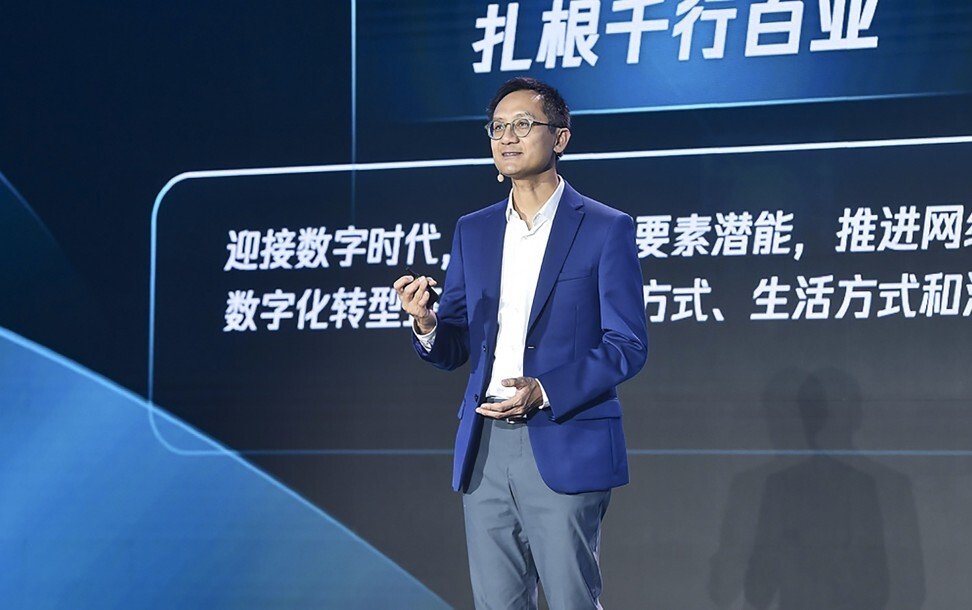
On November 3, 2021, Chinese company Tencent, a Chinese company that provides WeChat, a social media app used mainly in China, announced its own developed chips Zixiao, Changhai and Xuanling.
At the Tencent Digital Ecosystem Conference held in Wuhan, China, Tang Daosheng, senior vice president of Tencent Cloud, Tencent Cloud Division, said that semiconductor chips are a major hardware component and are the core infrastructure of the industrial Internet, and are independently developing three chips.
The announced chips are Zhixiao, an AI accelerator focused on image processing and natural language processing, Changhai, a video transcoding unit, and Xianling, a high-performance network interface controller for cloud data centers.
Among them, Zi Xiao is already in the trial production stage, and its performance is said to be 100% better than that of competing products. In addition, Changhai is also appealing that its performance is 30% better than existing products, and Xi’anling is 4 times better than similar products launched by other companies. Tencent also announced the cloud operating system Orca at the same time.
Tang Dao, vice president of Tencent Cloud, said in a post on the official WeChat account of Tencent Cloud, that Tencent has made long-term plans and investments in chip research and development as it faces a situation of strong business demand. In addition to developing and operating social media apps such as WeChat, Tencent is also the parent company of major game developers such as Riot Games and Epic Games, as well as game development and operation. However, recently, as the Chinese government has tightened regulations on games, there is a high possibility that it will no longer be able to increase profits in the game sector.
Meanwhile, Tencent is also participating in the cloud computing business and seems to be more focused than ever. Tencent was introducing US-based enterprise hardware such as AMD, Intel, and Nvidia into its data center, but Alibaba, which competes with Tencent in the Chinese cloud computing market, has already developed its own general-purpose SoC, Yitian, in its data center. It is showing an attitude to reduce dependence on US companies’ hardware. Moreover, the independent development of semiconductors is actively pursued by the Chinese government, and there is also a view that the announcement of the independently developed chip by Tencent is also showing a break away from the products of American companies while responding to the government’s demands. Related information can be found here.

